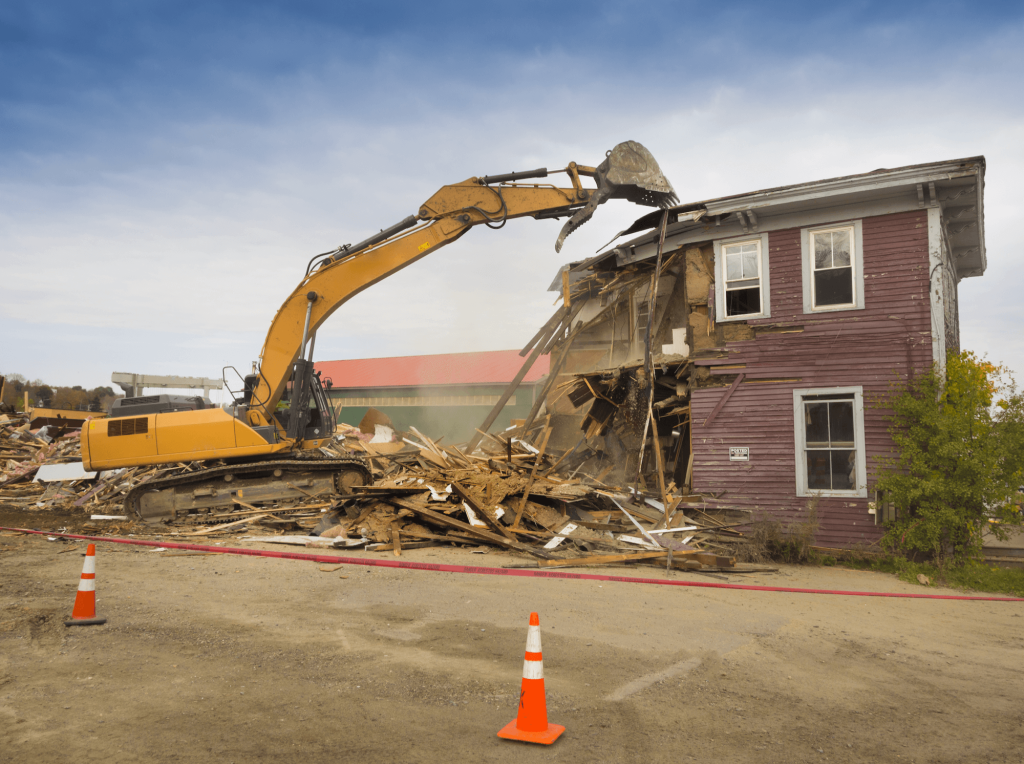Cape May County is consistently second among New Jersey’s 21 counties when it comes to demolishing homes. The only county higher on the destruction ladder is the larger and more populous Ocean County. According to state data, Cape May County, in 2020, saw the demolition of 437 structures, 414 of which were one– and two–family homes. Pre-Covid, the numbers were even higher, with 539 structures demolished, again 965 of them one– and two–family homes.
Simultaneously, we hear that one of the largest impediments to recruiting and retaining the work force in our burgeoning hospitality-based economy needs is housing. Summer workers who are so important to our seasonal workloads cannot find places to live. More importantly, plans for a permanent workforce are stymied by the high cost of housing.
Young families, who find the opportunity to stay in the county, buy homes, and raise a family, run up against the unavailability of housing at costs they can afford.
We are destroying housing stock at precisely the time we need it most. That sounds like a failure to think things through. We need the housing. We already face a growing problem in waste management that is made worse by demolition debris. We loudly profess our desire to be good environmental stewards. We are acting counter to our goals and aspirations.
How does all of this relate to our relentless demolition of older homes? In every way possible.
A home scheduled for demolition has zero value. Some properties may be deconstructed to save items of value, but, in most cases, the goal of demolition is speed, with the result that demolishing homes at the rate that we do is a major contributor to the landfill. Studies show that demolition is a major stream of waste. Attaching some small value to the home that otherwise would be demolished and having the buyer pay for the relocation could, in many circumstances, be a win for everyone.
One study in the Pacific Northwest showed that the cost of moving a home was approximately 25% of the cost of building new. Not all homes can be moved, but statistics suggest that about 50% of them can. Nickel Brothers, in Washington state, specializes in relocating and recycling quality homes. They point to the fact that the best construction was in older homes. Relocated homes have decades of life ahead of them.
Moving rather than demolishing homes also speaks to the go–green initiative. Simply put, it preserves trees at a time when our forest areas have increased in importance as carbon capture sites.
In Cape May County, 75% of the demolitions shown in state data are in four municipal communities: Avalon, Sea Isle City, Ocean City and Stone Harbor. A number of those homes could be relocated, admittedly not all.
To facilitate a change in behavior, we would need a change in policies.
We need to make it easier, and thus less expensive, to move homes. The permit for relocating a home should be substantially cheaper than the permit to demolish one.
Authorities from utility companies, like Atlantic City Electric, along with county and municipal officials, need to ease the burdens of moving over bridges and roads.
A place is needed to store rescued homes temporarily, so that those disposing of the homes get to stay on their schedules and those receiving the homes have time to prepare for the relocation. We find land for the refuse of demolition. We should be able to solve the logistical problems of relocation.
Much would need to be worked out to turn this concept into something that addresses the county’s needs, but the payoffs are potentially significant. The goal is to create an economic and social environment that favors relocation over demolition. This is being done elsewhere and we can learn what works and what does not.
We can do this. We call on our county officials to step up and provide the leadership that coordinates the parts. We no longer need to be second in the state in the demolition of our housing stock.
——–
From the Bible: Commit to the Lord whatever you do, and he will establish your plans.
Proverbs 16:3








